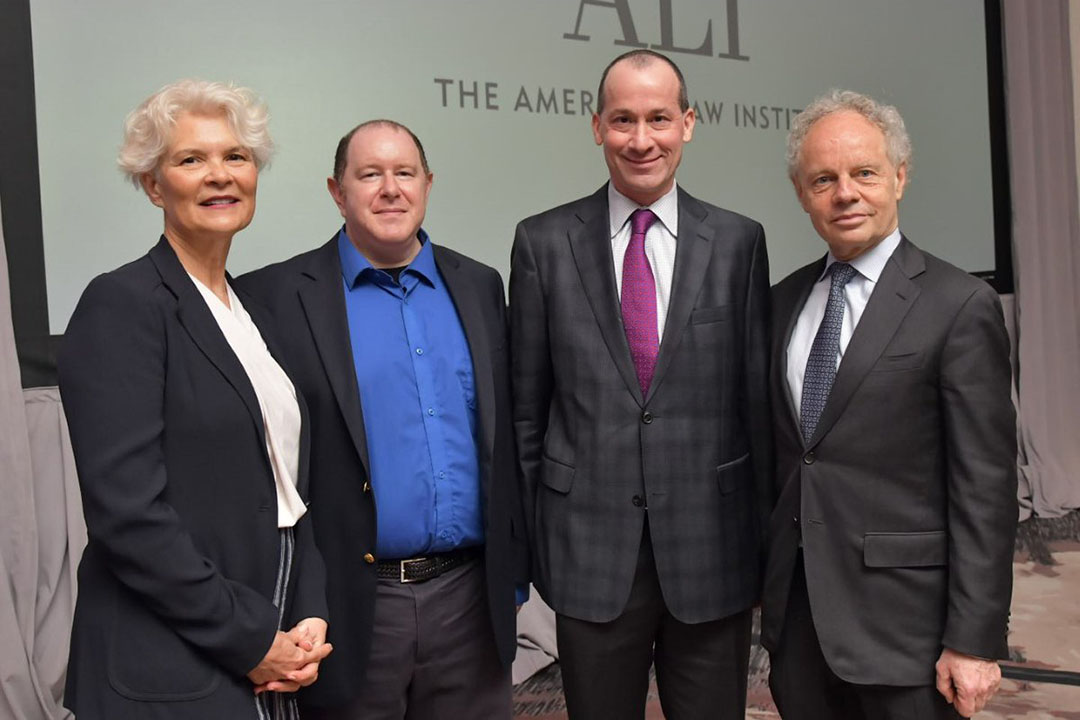The American Law Institute (ALI) membership recently approved the Principles of the Law, Data Privacy, a project co-reported on by Daniel Justin Solove, John Marshall Harlan Research Professor of Law at GW Law, and Paul M. Schwartz, Jefferson E. Peyser Professor of Law at the University of California, Berkeley School of Law.
The Principles of the Law, Data Privacy project launched in 2013 and sought to provide a set of best practices for entities that collect and control data concerning individuals and guidance for a variety of parties at the federal, state, and local levels, including legislators, attorneys general, and administrative agency officials.
“The project presents a framework to effectively implement privacy protection,” said Professor Solove. “One of the foundational things about privacy protection is the Fair Information Practice Principles or FIPPs. What you’ll find is that there are many different versions of FIPPs. One of the things we tried to do is pull together all these different versions and come up with what we think is the most sensible approach.”
The data privacy principles cover a wide variety of topics that are at the forefront of privacy law today, from consent and confidentiality to data portability, retention, and destruction. For more information on the project, watch Professor Solove and Professor Schwartz discuss the developing concerns and changes in the use of personal data.
The American Law Institute is the leading independent organization in the United States producing scholarly work to clarify, modernize, and improve the law. The ALI drafts, discusses, revises, and publishes Restatements of the Law, Model Codes, and Principles of Law that are enormously influential in the courts and legislatures, as well as in legal scholarship and education.


